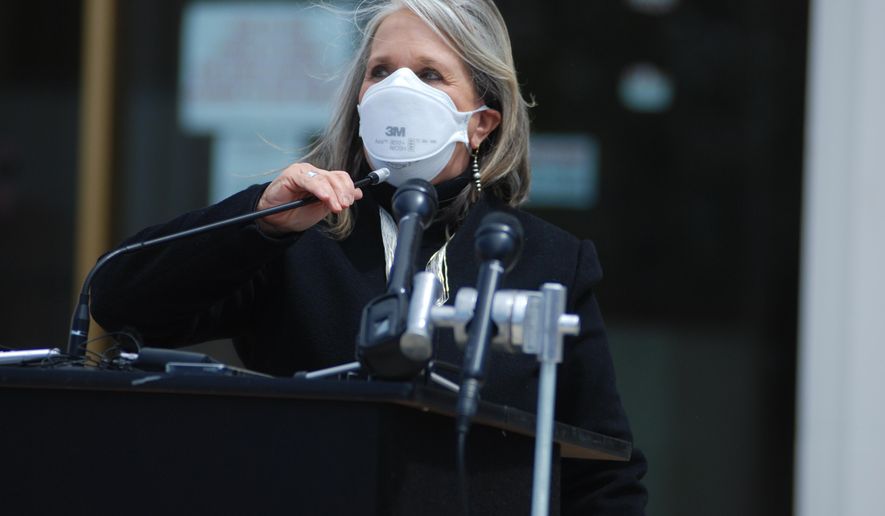SANTA FE, N.M. (AP) - In the aftermath of George Floyd’s death and protests that followed, state lawmakers in New Mexico have eliminated police immunity from prosecution in state courts and enacted a flurry of reforms aimed at addressing racial inequities.
The conviction Tuesday of former Minneapolis police officer Derek Chauvin is shifting public attention toward reform efforts in dozens of states to provide greater police accountability. At the same time, many states have done little or nothing around police and racial justice reforms, or moved in the opposite direction.
New Mexico reined in police immunity from prosecution over the objections of local law enforcement agencies and county governments that can now be held liable financially in local courts for police brutality. Individual public employees are not subject to financial liability.
At the same time, legislation aimed at instilling greater accountability in the police disciplinary and certification process encountered stiff resistance and extensive revisions only to be vetoed by Gov. Michelle Lujan Grisham. She said that the final bill would have eliminated two seats on a law enforcement training board that provide civilian oversight.
Another bill fell flat that would have established statewide standards for the use of deadly force and new de-escalation training.
Albuquerque has strived for years to rein in police brutality and implement reforms under a consent decree with the Department of Justice.
The state’s Democrat-led legislature also pushed through a prohibition on discrimination based on traditional hairstyles and head coverings, and a new law requiring anti-racism training for public school personnel.
Police can no longer conduct spot searches based on the smell of cannabis in New Mexico, under a bill signed this month to legalize recreational cannabis. Home-grown pot and possession of up to 2 ounces (56 grams) of marijuana becomes legal on June 29.
The anti-immunity bill, signed by Lujan Grisham with the trial of Chauvin underway, opens the way for civil rights lawsuits in state courts against public employees ranging from sheriff’s deputies to school teachers. That’s broader than similar legislation enacted in Colorado and Connecticut.




Please read our comment policy before commenting.